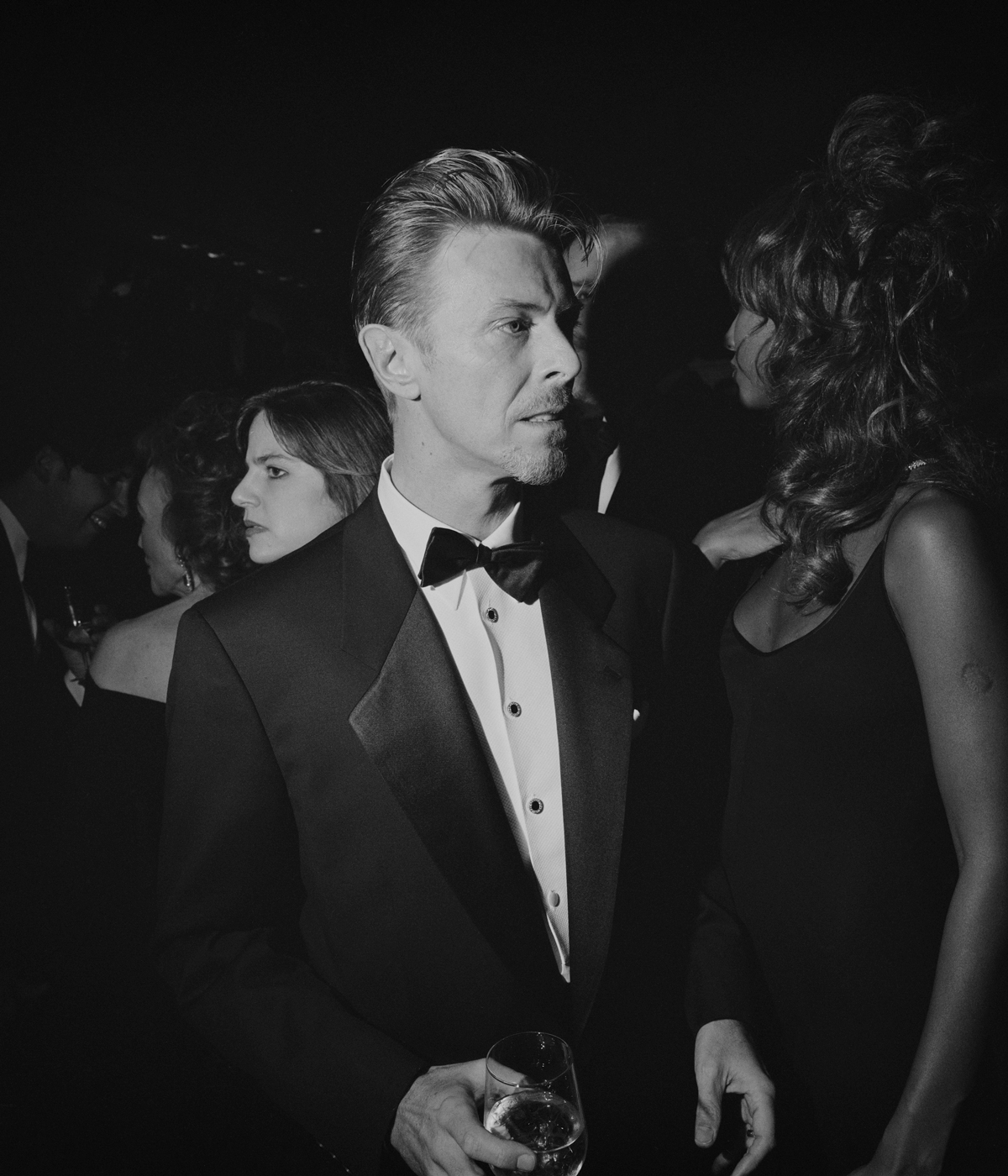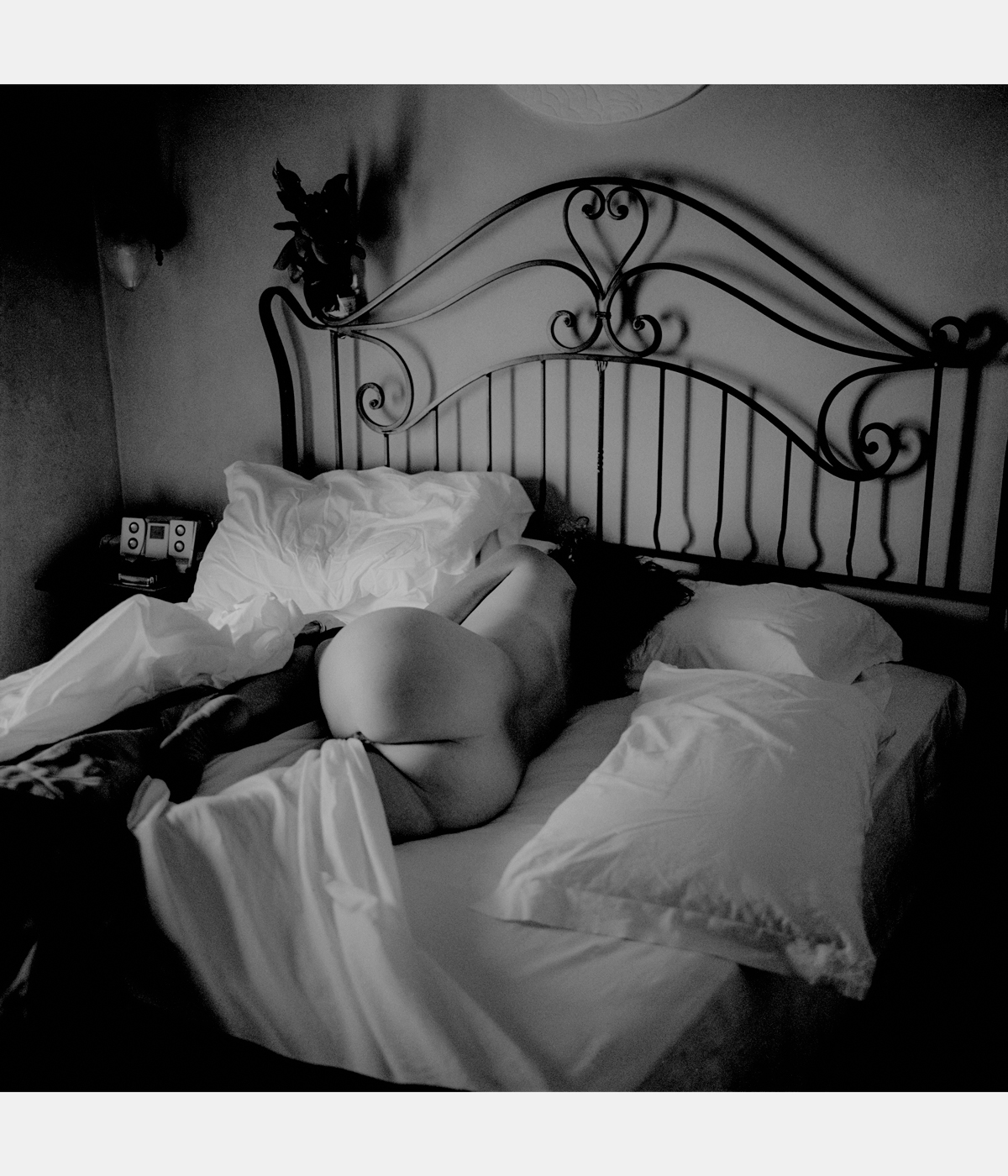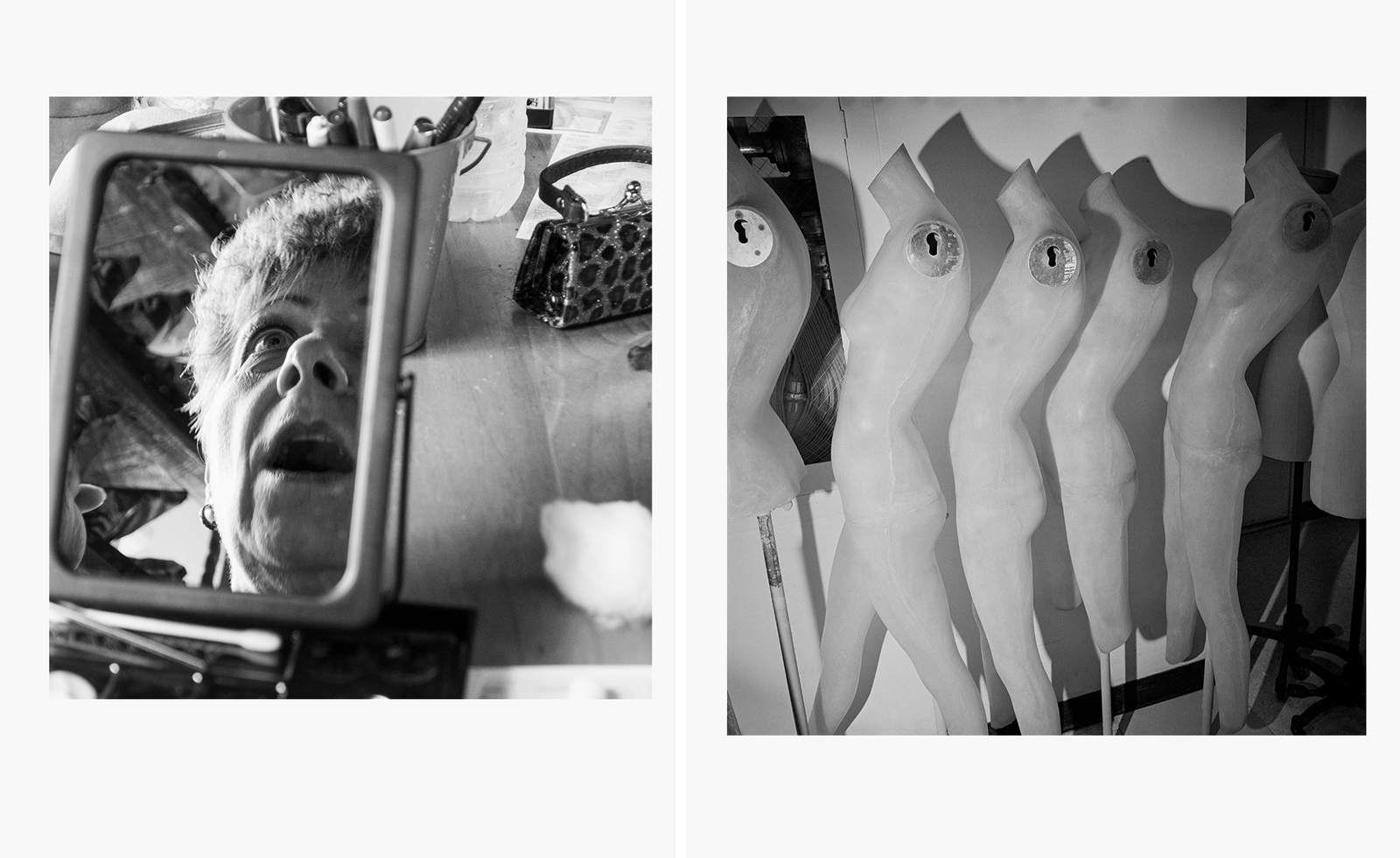
When you Google the name 'Larry Fink', the first result is not the cult photographer whose stark, dramatically lit black-and-white photos – of everyone from well-heeled stockbrokers to fighters in grimy boxing gyms – struck like a flashbulb at the very heart of America.
Instead, the search engine will present you with the billionaire CEO of the multinational investment company BlackRock. This is something that would surely have tickled the other Fink, a self-professed Marxist who died last year at age of 82, having spent decades shunning the spotlight even as his work thrillingly exposed his country’s shadowy power dynamics.
Now, a new retrospective photography book, Larry Fink: Hands On / A Passionate Life of Looking, honours this undersung American master. Published by New York imprint powerHouse Books, the sprawling project approaches its subject with all the nuance and reverence he deserves, encompassing a creative life that first brought him acclaim with his 1979 exhibition ‘Social Graces’ at New York’s Museum of Modern Art.
Inside ‘Larry Fink: Hands On / A Passionate Life of Looking’
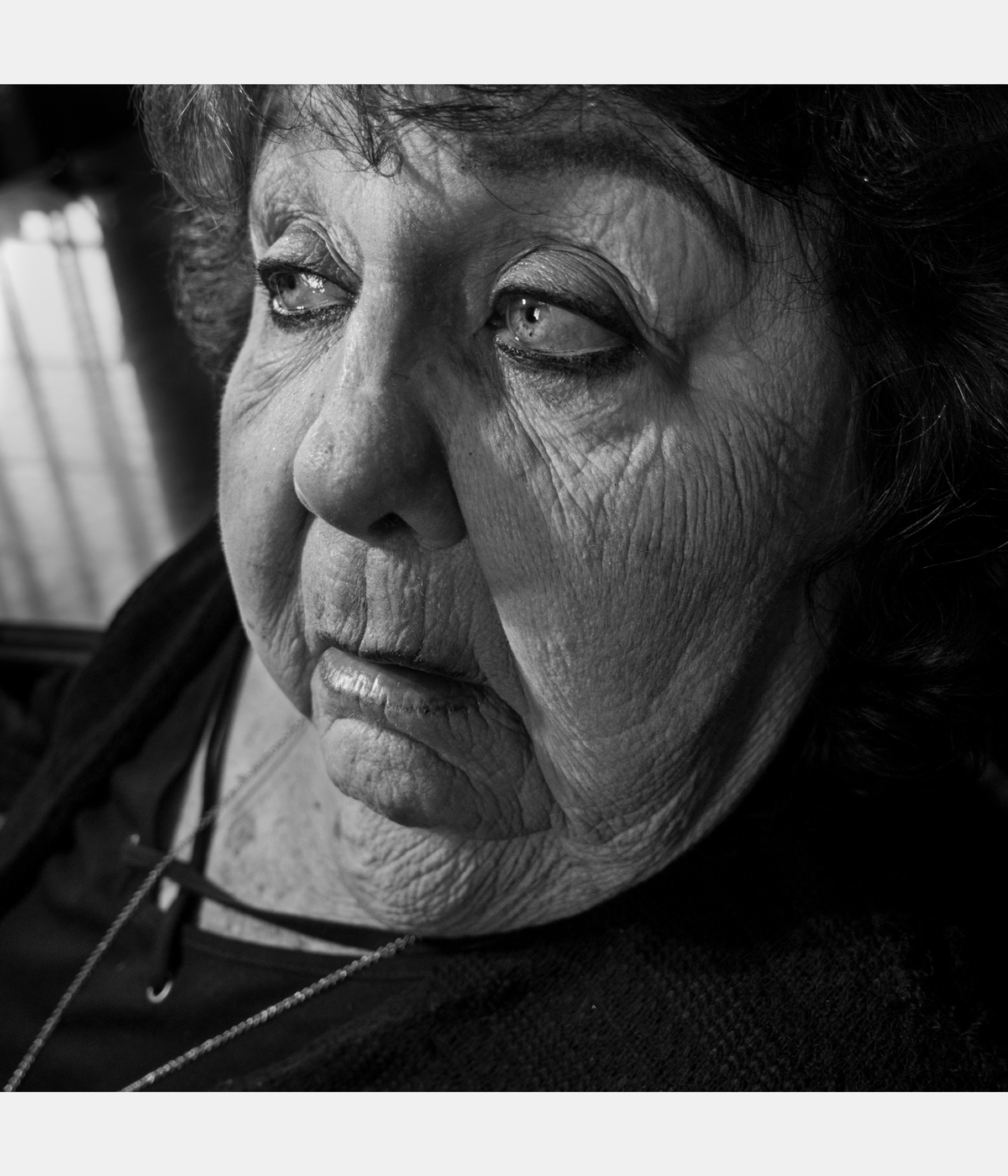
In his photos, the disenfranchised often appear heroic, while the powerful can seem isolated and afraid. The new book, for instance, sees his deeply evocative images of high society balls share space with a photo of protestors carrying that placard that declares: 'Wall St is War St'. Publisher Daniel Power, who worked with Fink on the tome and completed it after the photographer’s death from complications related to kidney and Alzheimer’s disease, has described it as ‘the most perfect book I have ever done’.
Today, he tells Wallpaper*: ‘The breadth of it is one thing – it is just simply enormous; we’ve never, ever done a 424-page book before – but the sequencing and the breaks are just…’ Power trails off, clearly in awe of the project’s magnitude, and emphasises the challenge of arranging so many powerful yet disparate images: 'How do you go from loggers to Obama, political photography? How do you go from runway models to still lifes in the meadow, you know? It’s a daunting amount of work to put together in a journey from page one to the last page.'
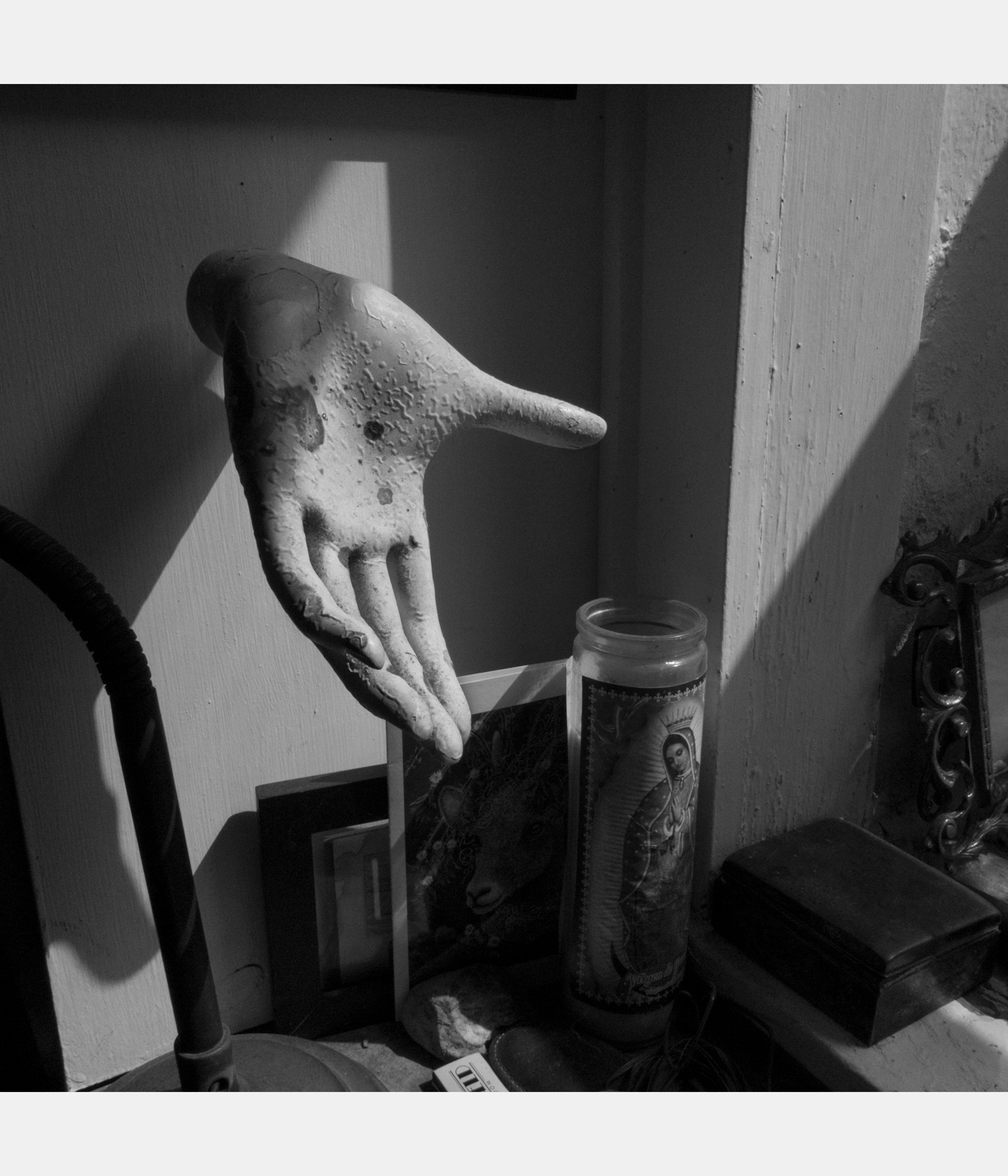
‘[It’s] the most perfect book I have ever done’
Publisher Daniel Power
Power and Fink’s creative partnership stretches back to 1997’s Boxing, the aforementioned collection of vignettes that depicted young men engaged in that most visceral of sports. This was powerHouse’s first duotone book and, fittingly, some of its images appear in the new retrospective. Why was Fink so fascinated with boxers?
'[He liked] the softness, the empathy, the kindness – all of which you don’t really associate with a hard-bitten sport like this rugged, brutal [one],' explains Power. ‘I think he saw every single boxer as the most deeply human of any human condition, in terms of their ability to love one another, to look after each other.'
Born in New York to parents who were both intellectual and radically left-wing, Fink related to the generally working-class fighters, many of whom he befriended through his work. The intimate images he captured speak not only to his empathy but to their stoicism and grace. 'He was able to frame these humans as almost sculptural pieces,' says Power, 'full of heart.'
In fact, the idea for the new book emerged when Fink and Power attended famed New York boxing gym Gleason’s for the launch of the powerHouse’s Mike Tyson: 1981-1991, a compendium of Lori Grinker’s early photographs of the titular figure. 'While we were walking, out of the blue, I said, "Larry, have you ever thought of doing a retrospective?" And he actually said he had been thinking about it.'
‘He had a unique ability to see through everyone. It’s like he somehow saw through your skin and into your soul’
Daniel Power on Larry Fink
This is because the photographer had spent the Covid-19 pandemic at home in Martins Creek, Pennsylvania, unearthing previously unseen images from his archive: 'He said there was stuff there that he had forgotten about and, he said, "It’s really, really good work."' (The pandemic was also a period when he created new work, shared with Wallpaper* in the article Larry Fink's lockdown diaries.)
Power suggested they reassemble the team that had produced Boxing (‘Let’s get the band back together!’), with designer Yolanda Cuomo brought on board again. Thus began the painstaking process of collating a life’s work, which led to their inclusion of Fink’s 'jazz poetry' – as Power terms it – alongside the images. One page of the book, for example, features the words: ‘I’m a round a bout kind of guy / I’ll fall off the circle of the sun / into the everfloating sky.'
These missives, which were often lifted from Fink’s Facebook page, reflected the free-flowing rhythms of his favourite music. 'He was a jazz fan,' says Power, 'and actually was fairly accomplished as a musician. He would sometimes whip out his saxophone in Martins Creek [Pennsylvania, where he lived], if you ever visited him. He just loved jazz. We decided to incorporate that into the atmosphere of the book.'
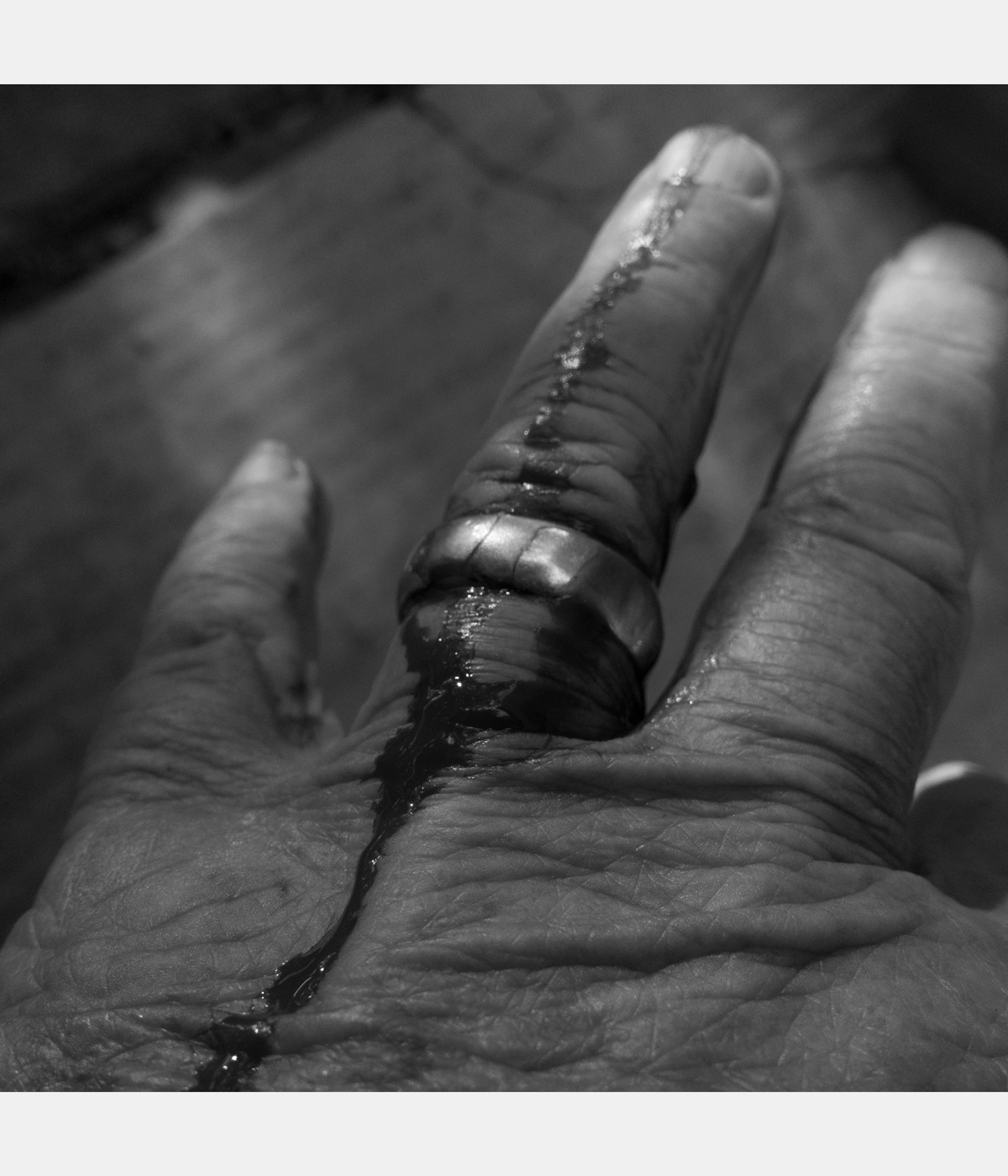
Naturally, Hands On / A Passionate Life of Looking also reflects Fink’s personal values. Here was an artist who shot Vanity Fair’s Oscar Party every year from 2000 to 2009, but was just as interested – if not even more so – in the Sabatines, a local family he befriended and photographed after he bought a 10-acre farm in Martins Creek in 1973. Even when he was shooting star-studded soirées, Fink divided his attention equally between the celebrities – be it Jay-Z or Donatella Versace – and waiting staff.
'He had a unique ability to see through everyone,' says Power. 'It’s like he somehow saw through your skin and into your soul. He had this ability to connect. Some of the most mundane or unremarkable people, he would see something in them. He didn’t see that a lot in famous people, so that’s why there’s not a lot of famous people pictures [in the book].'
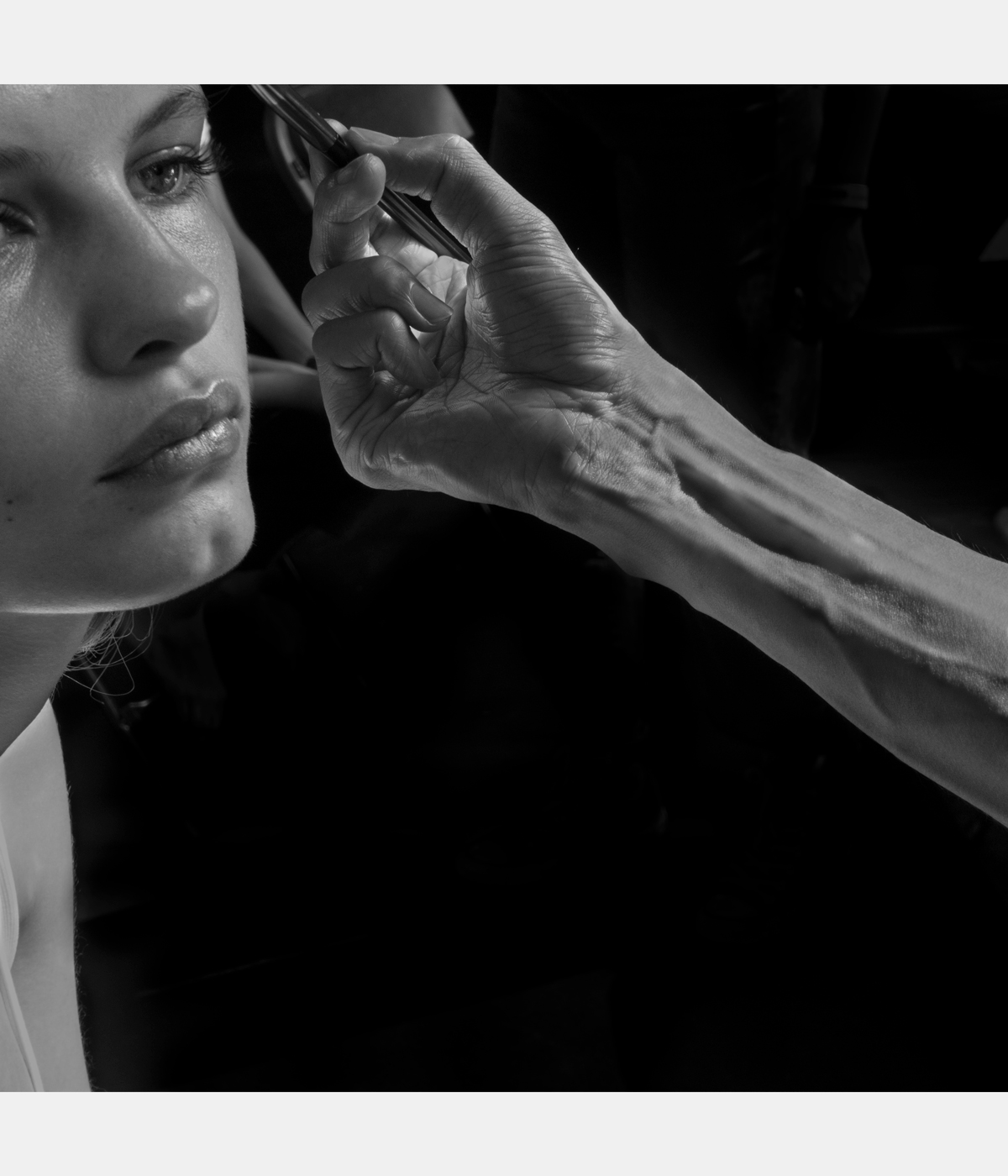
Fink welcomed the Vanity Fair work at a time when – thanks to his strong, somewhat uncommercial style – he was not inundated with commissions. In addition to teaching photography, he was known to charge $2,000 to shoot weddings, but even then did so with his imposing monochrome aesthetic. For Vanity Fair, his ingeniously shot black-and-white images appealed because they offered a respite from glossy colour.
'He took a perverse delight in it,' says Power, 'the perversion being: Here’s this communist hick being sent, by the top editor of the top magazine in the world, into the lions’ den. And he’s just gonna feast on all the decrepitude and the gaudy display of power.’
The new book, explains Power, was 'pretty far along' when Fink died. While it’s tragic that he never lived to see the finished product, the retrospective does capture his searching, incisive spirit. 'He was very adamant that there were these deeper truths out there and he was gonna find them,' says Power. 'And I think he did.'
Still, it’s arguable – and supported by a quick Google search – that the photographer Larry Fink is less well-known than he should be. Is Power frustrated by that?
'I don’t know many photographers who care about celebrity,' he insists. 'They don’t care about fame. They care that their work is appreciated and recognised. I’m hoping, with this book, people will learn about who he was in his work.' The publisher points out a previously unseen image of a model in a painter’s studio, which aches with humanity and empathy: 'It’s just mind-blowing – and I had never seen that before.
'It would please me no end to know that this book can help get Larry’s essence out there – what a sweet man he was, how much he cared for people and how that can be seen in almost every photograph he ever took.'
'Larry Fink: Hands On / A Passionate Life' is published by powerHouse Books. Also available from Amazon
